L’Ue takes a step back for the electric cars in 2035 and also inserts those a e-flyL. Above all, another scenario opens up: the Euro 7 constraints. So for i internal combustion engines there is another vita after 2035? The hypothesis is to put on the market in addition to electric cars. Those equipped with internal combustion engine capable of burning e-flyl.
Electric cars 2035, what are e-fluels
The e–fluel I am fuels products through the carbon taken from the anhydride carbon and this in turn taken from the atmosphere. E the hydrogen verde proceeds for electrolysis from the water using energy from renewable sources. Someone wonders, but And come install a lpg system on the car? The answer is no. In essence, the type of combustion compared to fossil fuel is different. This of the e-fluels could be a solution, but to be studied well. Example: the effect on tanks, lines, injection systems and the engine. Experts argue that these are surmountable hurdles.
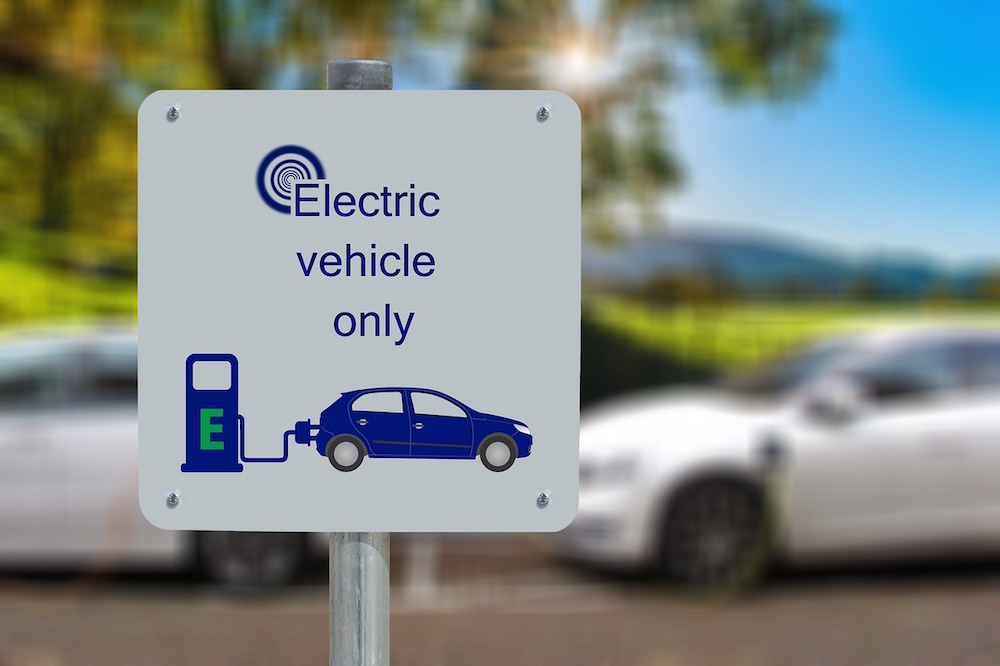 Electric cars 2035
Electric cars 2035
Electric cars 2035, how much do e-fuels cost
Nowhere is this ‘conversion’ written in the text of the draft legislation. But we are talking about one new type approval class from 2035. This includes the auto that can circulate powered only with e-wasL. Then equip them with devices able to impede l’use of petrol or diesel.
Little memo. THE biofuels I am used al 10% in Formula 1 and 100% in the WEC (World Endurance Championship). Only two manufacturers encourage this solution. On the one hand there is Porsche that wants to keep a slice of its catalog of cars with internal combustion engines within its offer. On the other hand there is Mazda, who believes in the potential of internal combustion engines. Let’s not forget i denigrators of e-fuels are at most 2% of European vehicles. And they would erode a large share of renewable energy, costing 10 euros per litre. The battle of e-fuels is at the center of a debate between the European Union and Germany. Not only that, let’s remember that Berlin, for this reason, is against Paris.
Electric cars 2035, tensions between Germany and the EU
So the proposal comes extinguish tensions with the Germany on elimination gradual by theEU of combustion engine cars from 2035. There are also lined up Italy, Poland and Bulgaria to try to find a solution in line with the principle of neutrality. Now the table and the dialogue between the EU and the German Ministry of Transport is moving forward, but it may still take time before an agreement is reached.
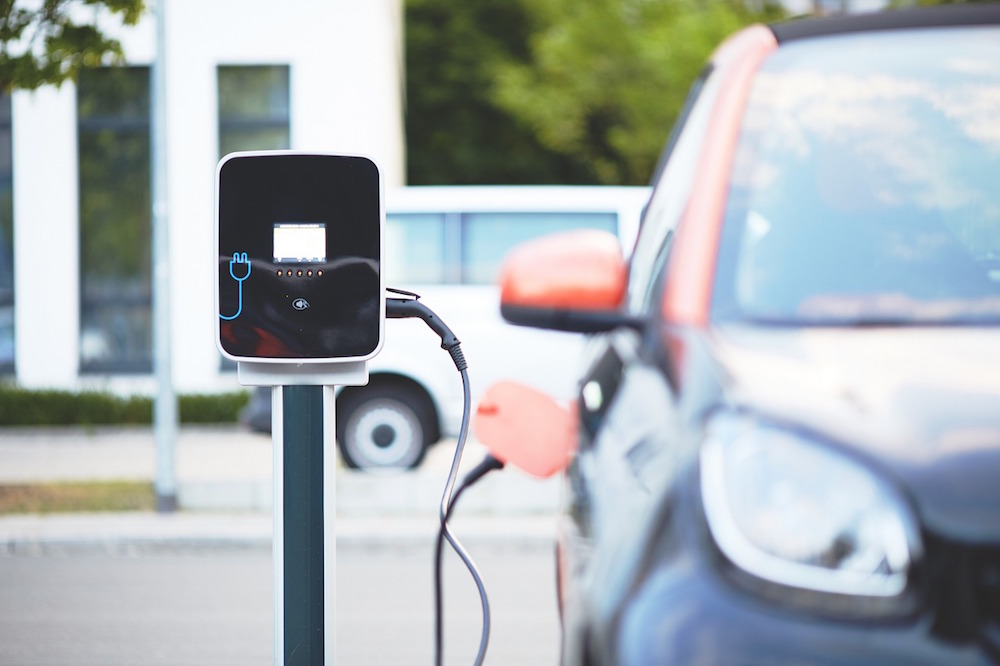 Electric cars 2035
Electric cars 2035
Electric cars 2035, Euro 7 constraints appear
In the matter electric cars 2035 another factor comes into play: i constraints Euro 7which are expected to enter into force from 2025. In particular, they invest in reduction from the emissions pollutants diverse from the Co2. So limit carbon monoxide and nitrous oxide. Those pushing for a solution from the EU include: Italy, Germany, Poland, the Czech Republic, Hungary, Romania, Slovakia and Portugal.
Il regulation calls on industry to develop cleaner engines. These would be huge investments that the manufacturers consider useless in the face of the stop to heat engines in 2035 already agreed and awaiting only the final ratification.
We also remind you that for cars with zero CO2 emissions. Italy has blocked the agreement already armored since the last go-ahead from the European Parliament on February 14th. The EU has opened a dialogue with the Vice-President of the European Commission Frans Timmermans. “The Germans have told us that they want the agreement we reached to be implemented. Now a negotiation has opened to see how we can do it. The discussion is ongoing. I’m pretty sure we’ll find a solution.”
It’s Italy? Here is the deputy prime minister and minister Matthew Salvini the ministers Gilberto Pichetto e Adolfo Ursoon March 21st, put pen to paper and wrote to Carpenter. As reported by the Reuters agency. “L’Italy is fully committed to the decarbonisation of the transport sector and the reduction of light vehicle emissions”. Furthermore, we read that Italy would not accept “an unduly narrow interpretation by the Commission of the concept of neutral fuels”. So with the exclusion of biofuels.






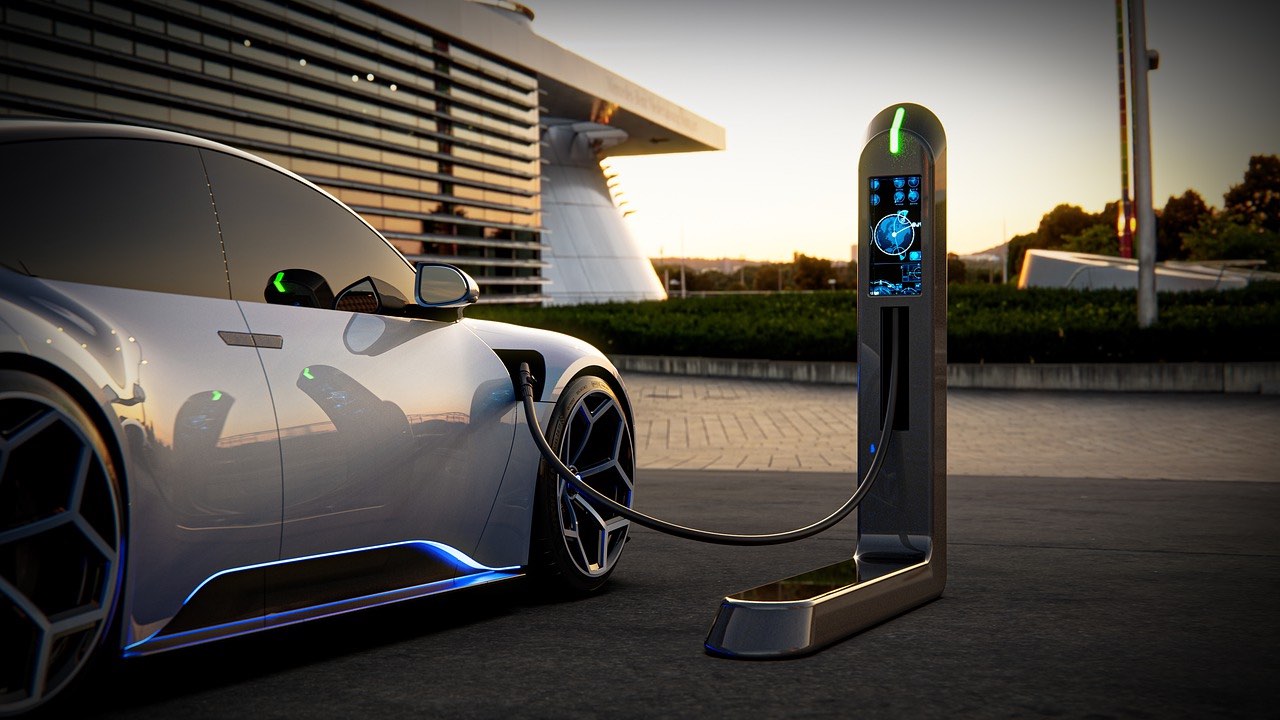





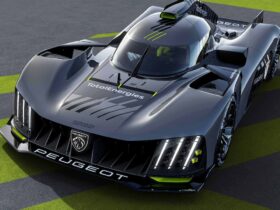
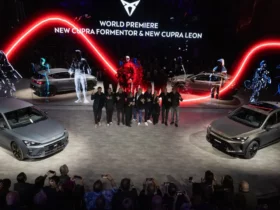

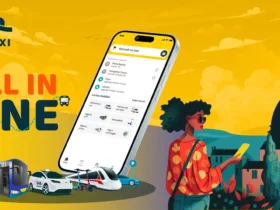
Leave a Reply
View Comments